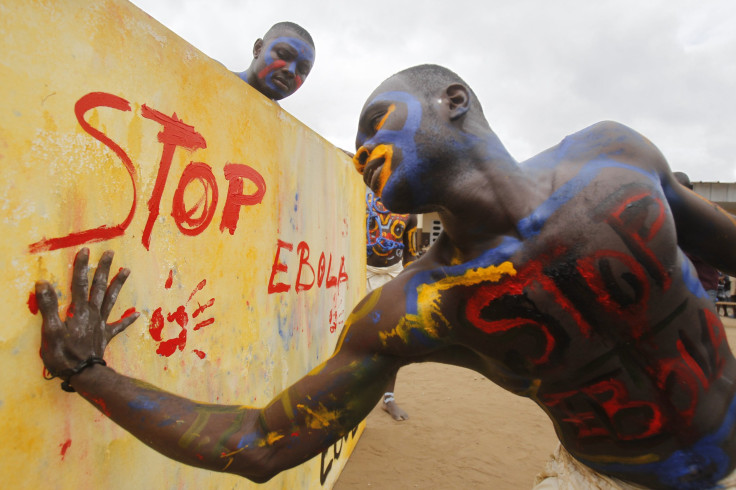Ebola vaccine works 100% for herd immunity: WHO

A vaccine against the deadly Ebola virus has led to 100 per cent protection and could help prevent its spread in the current and future outbreaks, according to the World Health Organisation. The preliminary results suggest the vaccine as "highly effective" over 4,000 close contacts who have volunteered on the trial in Guinea, one of three West African nations at the centre of the outbreak.
The vaccination trial began in affected communities in Guinea on March 23 and has shown such promise in terms of effectiveness and safety of a single dose of a vaccine, WHO reported. The use of the new vaccine VSV-EBOV, which was started by the Public Health Agency of Canada and then developed and licensed by the pharmaceutical company Merck and NewLink, showed 100 per cent efficacy in individuals so far, and was already recommended in the past week to extend to "all people at risk" after close contact with an infected person.
Using the ring vaccination strategy, over 4,000 close contacts of almost 100 Ebola patients, including family members, neighbours and co-workers, have voluntarily participated in the trial. To date, the vaccine is being tested on front-line health workers, according to Bertrand Draguez, medical director at Médecins sans Frontières. The participants involved will soon extend to include children 13 to 17 years old, and possibly even those aged six.
More than 11,000 people have died from Ebola in the three worst-affected countries - Guinea, Sierra Leone and Liberia - and nearly 28,000 have been infected. There were no proven drugs or vaccines against the virus at the start of the largest outbreak of Ebola in Guinea in December 2013, but the current trial results show the VSV-EBOV vaccine is highly effective against Ebola.
WHO said that the findings, published in Lancet, could be a "game-changer." The number of cases has fallen where only four cases in Guinea and three in Sierra Leone were recorded since July 26.
"This is the lowest weekly total for over a year, and comes after 8 consecutive weeks during which case incidence had plateaued at between 20 and 30 cases per week," WHO disclosed. The development shows “another potential weapon,” according to London School of Hygiene & Tropical Medicine Professor John Edmunds, who helped design the trial.
"The development has been at an absolutely unprecedented speed. This is very good news, these are very significant results,” he said.
However, such figure may change as more data are collected from future research to prove its capacity to protect populations through “herd immunity.” The Data and Safety Monitoring Board, an independent body of international experts who reviewed the trial, advised that the program should continue. The advice was approved by the Guinean national regulatory authority and ethics review committee.
Contact the writer at feedback@ibtimes.com.au, or let us know what you think below.





















